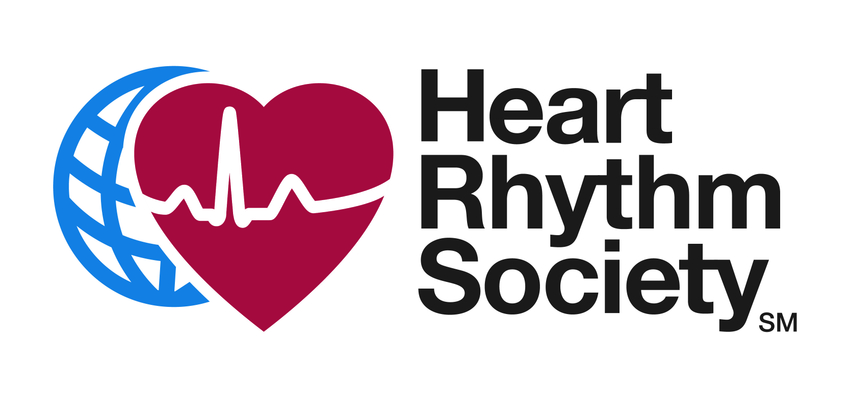
Editor's Note A dispute over cameras in ORs reportedly added tension to nurse strike negotiations that recently culminated in a tentative agreement with union nurses at Brigham and Women's Hospital in Boston. According to an August 7 CBS News report, the OR cameras are intended to assist with robotic surgeries.…

Editor's Note This new multicenter study published by the Heart Rhythm Society on August 5 found that ambulatory surgery centers (ASCs) offer a safe and effective setting for performing various cardiac electrophysiology procedures, including catheter ablation (CA). The research, which retrospectively analyzed 4,037 procedures, highlights the viability of ASCs as…

Editor's Note For diabetic patients with obesity and chronic kidney disease (CKD), metabolic bariatric surgery could protect the kidneys better than therapy with glucagon-like peptide-1 receptor agonists (GLP-1RA), according to research published in the September issue of the Annals of Surgery. Conducted at a large US health system, the study…

Editor's Note Optimizing patient positioning can help reduce the risk of surgical site infections due to airborne contaminants in positive-pressure ORs, according to a study published August 12 in Nature: Scientific Reports. Maintaining higher pressure than adjacent spaces prevents entry of contaminants from environments external to the OR. For this…

Editor's Note The rising frequency of wildfires has anesthesiologists concerned about potential for adverse surgical outcomes to exposed patients, according to an article in the Online First edition of Anesthesiology, the peer-reviewed journal of the American Society of Anesthesiologists (ASA). As of an August 6 report from ASA, nearly 100…

Symptomatic SARS-COV-2 patients undergoing surgical procedures experience significantly higher 30-day in-hospital mortality, ICU admission, longer ICU and hospital stay, and pulmonary complications, according to a study published August 1 in the Journal of PeriAnesthesia Nursing. Researchers analyzed a year’s worth of records of 102 infected surgical patients and those who…

Editor's Note A recent study led by the University of Bristol reveals nearly 9 months of joint replacement surgeries, amounting to approximately 160,000 procedures, have been lost since the onset of the COVID-19 pandemic, News Medical Life Sciences July 31 reports. Published in The Bone & Joint Journal, the study…

Editor's Note An electronic health record (EHR)-based nudge could significantly reduce low-value axillary surgeries in older women with early-stage breast cancer, researchers reported July 17 in JAMA Surgery. Conducted across eight clinical settings, the initiative significantly cut the rates of low-value sentinel lymph node biopsies (SLNB) by nearly 50% over…

Editor's Note Automated surgical video analysis could enhance evaluation of an OR team’s nontechnical skills, according to a study published July 31 in JAMA Network Open. Conducted between January 2021 and May 2022, the cross-sectional study involved 30 cardiovascular surgical teams at a teaching hospital in Boston, Massachusetts. Using OpenPose,…

Editor's Note Medical professionals have long accepted that bilateral mastectomy does not improve survival outcomes for breast cancer patients. However, a study published in JAMA Oncology reveals a puzzling finding: Those who develop a second cancer in the other breast have a higher risk of death. As detailed in a…